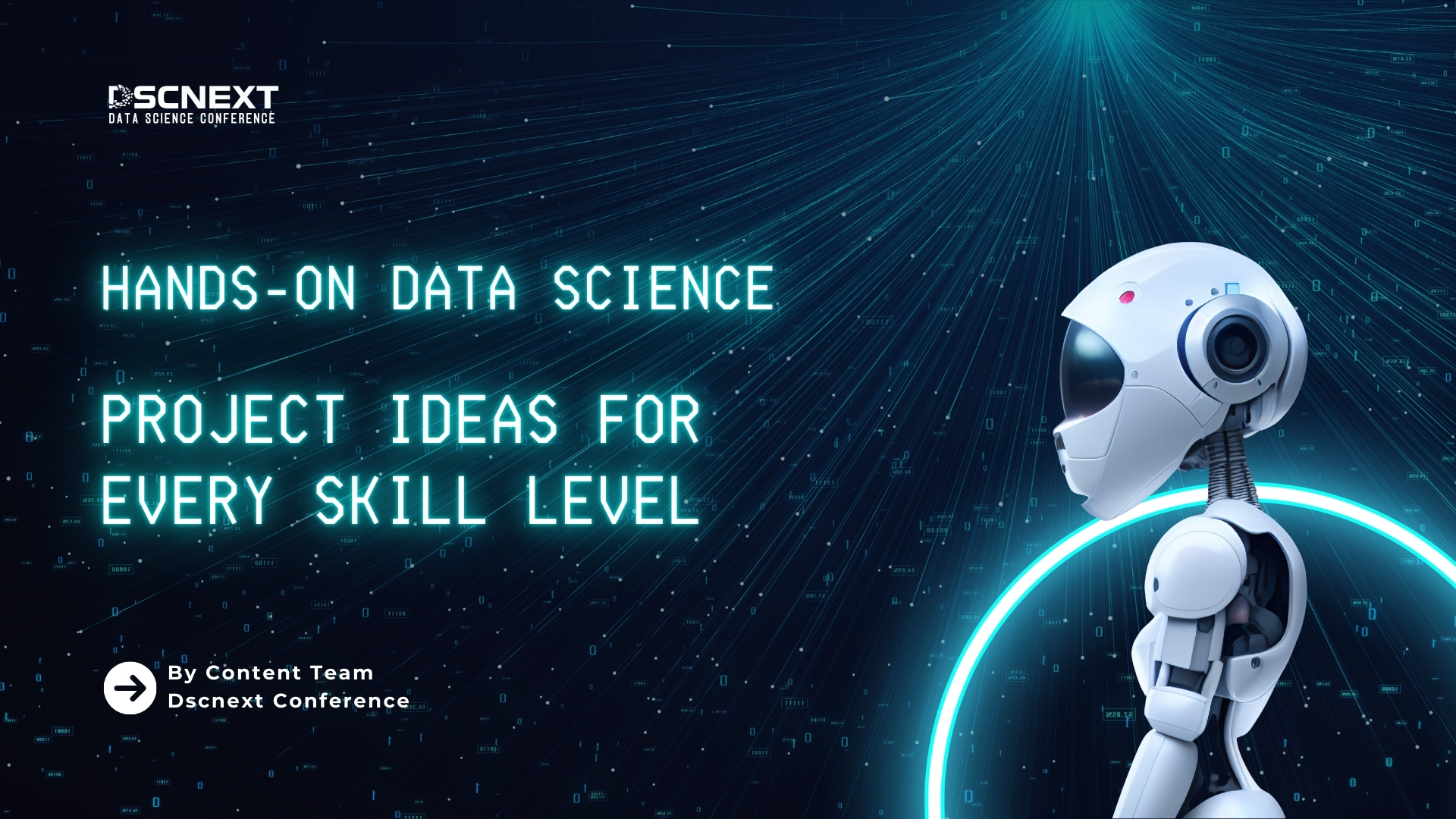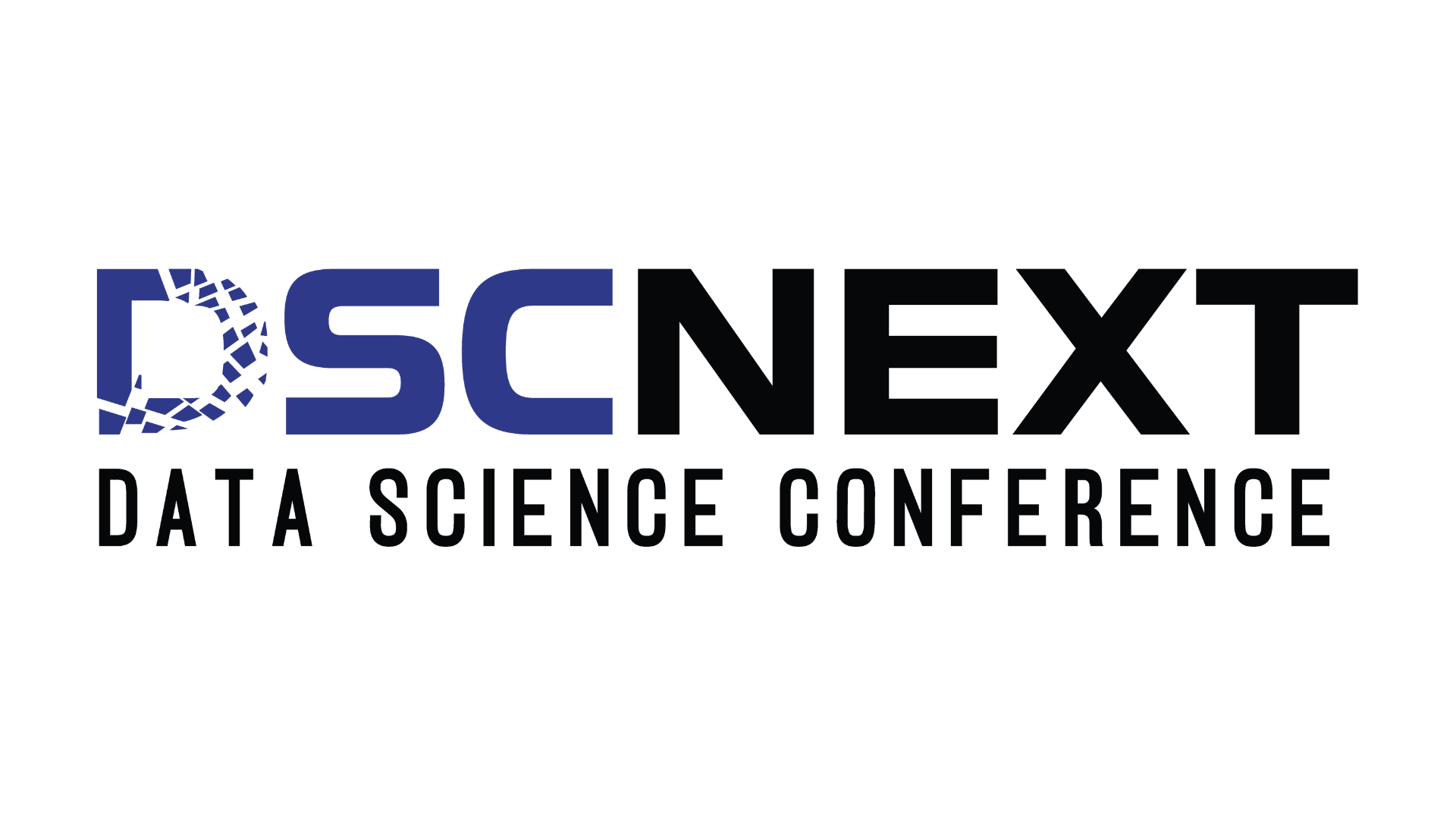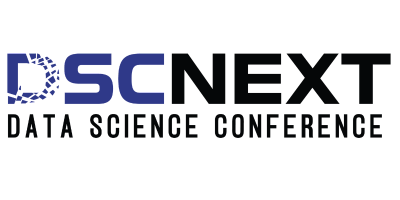
As the demand for data science professionals continues to surge, individuals at all levels—from beginners to seasoned experts—are increasingly seeking practical ways to refine their skills. Theoretical knowledge is a great start, but real-world experience is where true mastery lies. This blog outlines 25 curated data science project ideas, offering both novice and experienced practitioners the opportunity to gain hands-on experience in the evolving landscape of data science.
The Fundamentals of Data Science
Before diving into projects, it’s crucial to have a strong grasp of the foundational elements of data science. These include understanding data types, quantitative methods, programming languages, and modeling techniques. Let’s explore these essentials.
Data Types and Wrangling
Data in data science can be broadly categorized into structured and unstructured. Structured data, such as tables and SQL databases, have predefined formats, while unstructured data, like text, images, and audio, lack a defined structure. Mastering data wrangling techniques—cleaning, transforming, and preparing data for analysis—is a foundational skill every data scientist must acquire. Whether you’re dealing with customer databases or social media feeds, effective data wrangling ensures your data is ready for analysis.
Mathematical Foundation
Quantitative methods form the backbone of data science. Descriptive statistics, data visualization, probability, and statistical testing are key for initial data exploration. As you move into more advanced techniques, linear algebra and multivariable calculus are crucial for understanding machine learning algorithms and optimization techniques. These mathematical tools enable you to build predictive models, analyze trends, and make data-driven decisions.
Programming Tools and Languages
In the world of data science, Python has emerged as the dominant programming language due to its versatility and rich ecosystem of libraries, including NumPy, Pandas, and Matplotlib for data manipulation and visualization. Additionally, machine learning libraries like Scikit-Learn and TensorFlow are indispensable. While Python reigns supreme, other tools like R and SQL, and big data frameworks such as Hadoop and Spark, offer specialized utilities for data analysis and engineering tasks.
Model Building and Evaluation
Building effective models is central to data science. The process typically begins with data collection, cleaning, and feature engineering, followed by selecting the appropriate model. Whether you’re using supervised learning algorithms like regression and classification, or unsupervised learning techniques like clustering, understanding how to train, test, and evaluate these models is critical. Evaluation metrics like accuracy, precision, recall, and F1-score help assess model performance, ensuring reliability and effectiveness.
Selecting the Right Data Science Projects
Choosing the right project is essential for developing your skills. For beginners, the focus should be on building a solid foundation with projects that involve data preparation, exploratory data analysis, and basic machine learning techniques. On the other hand, seasoned professionals should seek out more challenging projects that delve into advanced fields such as deep learning, natural language processing (NLP), and large-scale data engineering. By selecting projects that align with your interests and career goals, you can accelerate your learning and specialize in key areas.
Beginner-Friendly Data Science Project Ideas
Here are some practical project ideas that will help beginners develop core skills in data manipulation, machine learning, and visualization.
1. Exploratory Data Analysis (EDA)
One of the first skills any data scientist needs is the ability to conduct exploratory data analysis (EDA). This involves loading a dataset, identifying missing values, cleaning the data, and visualizing key variables to uncover patterns. Popular Python libraries such as Pandas, Matplotlib, and Seaborn are invaluable for this task.
Companies like Airbnb leverage EDA to analyze user data, uncover insights, and optimize pricing strategies based on demand patterns.
2. Customer Churn Prediction
This project involves building a machine learning model to predict customer churn—customers likely to leave a service. Using a dataset with customer attributes, you can train classifiers like logistic regression and random forests to identify at-risk customers. Telecom companies such as AT&T use churn prediction models to proactively engage customers with personalized retention offers, significantly reducing churn rates.
3. Movie Recommender System
A movie recommender system is an excellent introductory project to collaborative filtering and content-based filtering techniques. You can use Python libraries like Scikit-Learn to build recommendation engines based on user preferences and movie metadata. Netflix’s recommendation system drives over 80% of its user engagement, utilizing collaborative filtering to suggest personalized content to users.
4. Fake News Detection
In this project, you’ll build a fake news classifier using natural language processing (NLP) and machine learning. By training classifiers like logistic regression, SVM, and naive Bayes, you can identify misleading news articles.
5. Stock Price Prediction
Using historical stock data, apply time series forecasting models like ARIMA, Prophet, or LSTM to predict future stock prices. Metrics such as Mean Absolute Error (MAE) and Mean Squared Error (MSE) can help evaluate the accuracy of your predictions. Financial institutions like Goldman Sachs utilize stock prediction models to inform algorithmic trading strategies, helping their clients make data-driven investment decisions.
6. Image Recognition with Convolutional Neural Networks (CNNs)
For image classification, CNNs are the most effective models. You can start by training CNNs on datasets like MNIST or CIFAR-10 using frameworks such as TensorFlow or Keras.
7. Sentiment Analysis of Customer Reviews
This project involves classifying text data, such as customer reviews, to identify whether the sentiment expressed is positive, negative, or neutral. Scikit-Learn paired with NLTK is commonly used for this task.
8. Predictive Maintenance
Using time series data from industrial machines, you can build models to predict maintenance needs before equipment failures occur. This involves using models like Prophet or ARIMA to forecast machine performance and identify failure patterns. General Electric uses predictive maintenance models to optimize the performance of its turbines and engines, reducing downtime and maintenance costs.
9. Customer Segmentation Using Clustering
You can use clustering algorithms like K-Means to segment customers into distinct groups based on attributes like demographics and purchasing behavior. This enables businesses to tailor their marketing strategies to different customer segments.
Advanced-Data Science Project Ideas for Experts
For experienced data scientists, these projects focus on leveraging deep learning, complex modeling, and scalable pipelines to solve more advanced problems.
1. Predicting Car Resale Value
This project involves predicting the resale value of used cars using advanced regression models like XGBoost and random forests. It’s a practical application for those looking to specialize in predictive analytics.
2. Building Conversational AI Chatbots
Building a production-level chatbot requires expertise in speech recognition, natural language processing, and deep learning. By using frameworks like TensorFlow and PyTorch, you can develop chatbots capable of complex interactions. Companies like Uber integrate AI-powered chatbots into their customer service systems, significantly reducing the need for human intervention.
3. Object Detection in Images
This project involves using models like YOLO and SSD to detect and localize objects in images. Object detection is widely used in autonomous vehicles, surveillance, and retail.
4. Predicting Employee Attrition
Using historical employee data, you can build models to predict which employees are likely to leave an organization. Models like logistic regression or random forests help HR departments make informed decisions about employee retention. IBM uses attrition prediction models to identify at-risk employees, allowing them to create personalized development plans and reduce turnover.
5. Recommender Systems Using Neural Networks
Using autoencoders or recurrent neural networks (RNNs), you can build sophisticated recommender systems that provide personalized suggestions based on user interactions and preferences.
Whether you are just beginning your journey into data science or looking to expand your expertise, these data science project ideas offer a range of opportunities to develop practical skills and build a compelling portfolio. From basic exploratory analysis to advanced deep learning applications, these projects can be customized based on your data and business needs, providing real-world experience and demonstrating your expertise in the rapidly evolving field of data science.
Companies that invest in data science will be better positioned to navigate the complexities of the modern world, make informed decisions, and achieve long-term success. Embark on a groundbreaking journey at the inaugural Data Science Next Conference May 7-9 2025, in Amsterdam by NBM, where pioneers and visionaries will gather to chart new territories in data science.
As a debut event, this conference offers an unparalleled opportunity to be among the first to explore fresh perspectives, engage with cutting-edge methodologies, and contribute to shaping the future of the field. Designed for those eager to push boundaries and spark innovation, this event promises to ignite your curiosity and provide the foundational insights needed to navigate the evolving landscape of data science. Join us as we set the stage for the next era of data-driven innovation.


